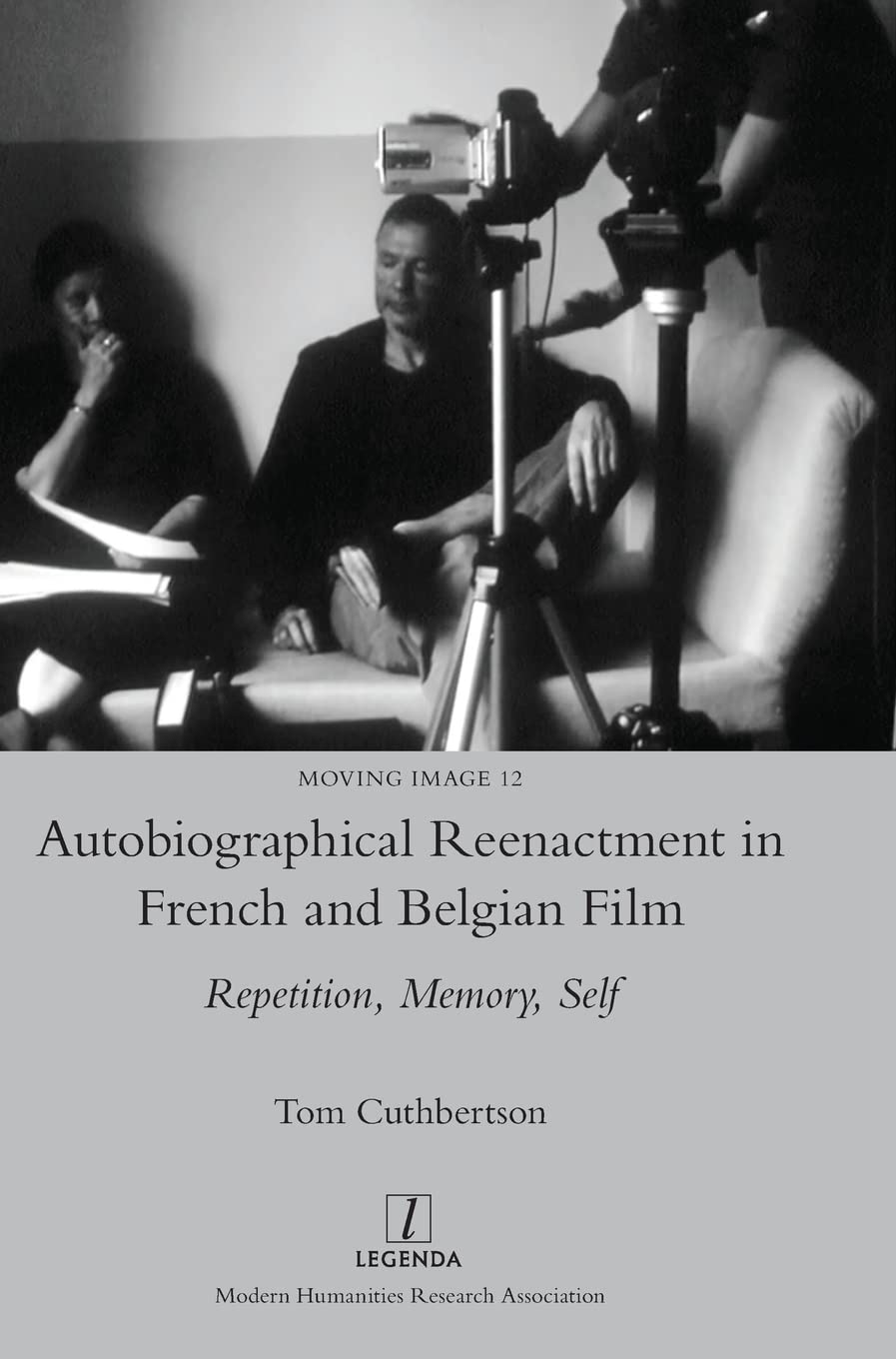

Most ebook files are in PDF format, so you can easily read them using various software such as Foxit Reader or directly on the Google Chrome browser.
Some ebook files are released by publishers in other formats such as .awz, .mobi, .epub, .fb2, etc. You may need to install specific software to read these formats on mobile/PC, such as Calibre.
Please read the tutorial at this link: https://ebookbell.com/faq
We offer FREE conversion to the popular formats you request; however, this may take some time. Therefore, right after payment, please email us, and we will try to provide the service as quickly as possible.
For some exceptional file formats or broken links (if any), please refrain from opening any disputes. Instead, email us first, and we will try to assist within a maximum of 6 hours.
EbookBell Team

4.8
64 reviewsWe live in 'reenactive times'. Recent decades have witnessed a marked proliferation of various forms of reenactment across numerous cultural contexts and domains to the point that it is today seemingly impossible to enter museums, heritage sites, art galleries or even to turn on the television without encountering at least some elements of this veritable boom. In such a way, reenactment has become a ubiquitous cultural means of representing, commemorating and investigating the past, called upon for a variety of reasons, by a variety of practitioners and with a variety of effects. By bringing the autobiographical work of four experimental filmmakers from France and Belgium - Chantal Akerman (1950-2015), Vincent Dieutre (1960-), Boris Lehman (1944-), Agnès Varda (1928-2019) - into dialogue, Autobiographical Reenactment in French and Belgian Film: Repetition, Memory, Self considers them in relation to this broad cultural shift and explores the various forms of 'autobiographical reenactment' that their films contain. In the work of these four filmmakers, auto-biographical reenactment offers a radical and varied tech-nique of self-investigation and self-representation that sustains often challenging engagements with identity, subjectivity, memory, knowledge, time, feeling, loss, truth, reality and history, whilst leading us to continually rethink our under-standing of what autobiography can be and can do.
Tom Cuthbertson is a Leverhulme Trust Early Career Research Fellow in the School of Modern Languages at Newcastle University.